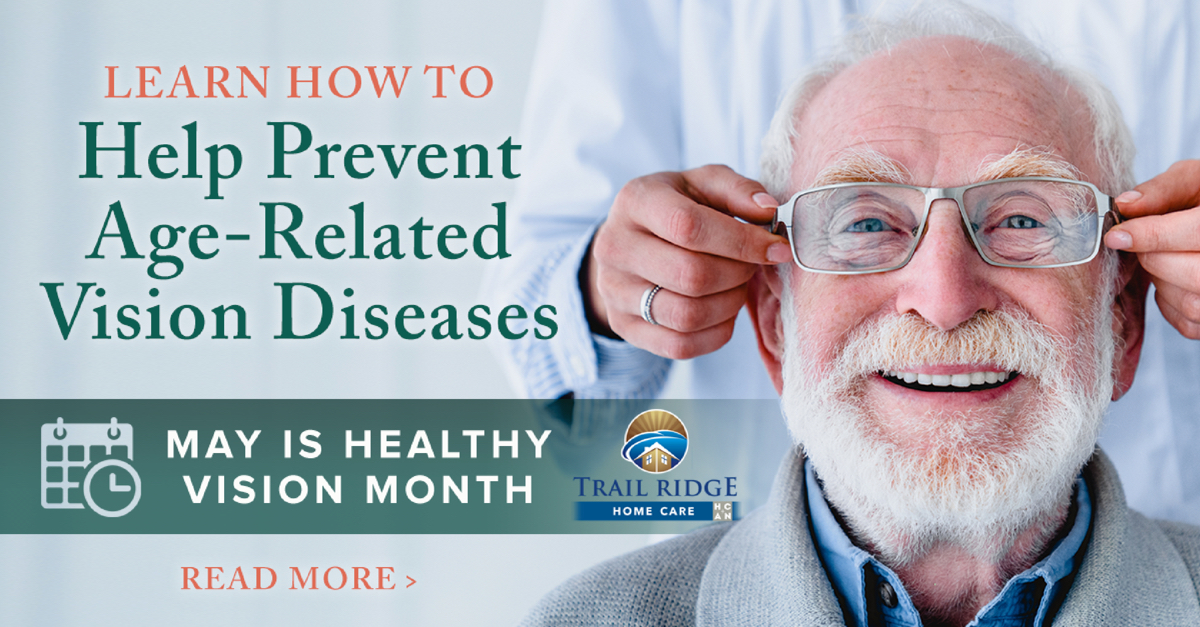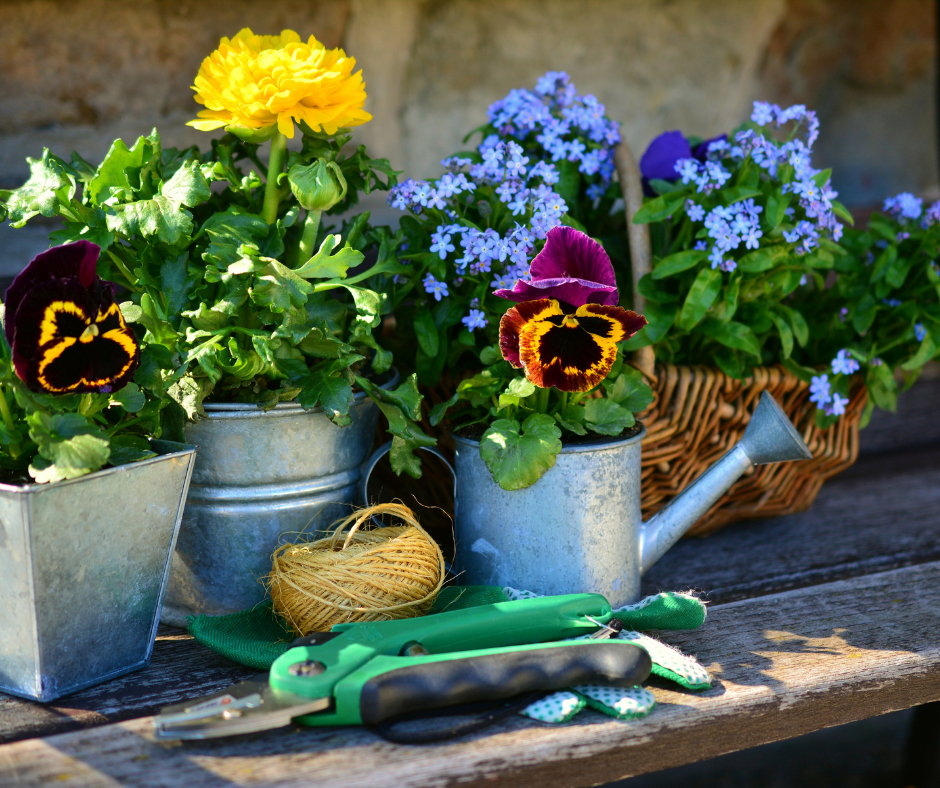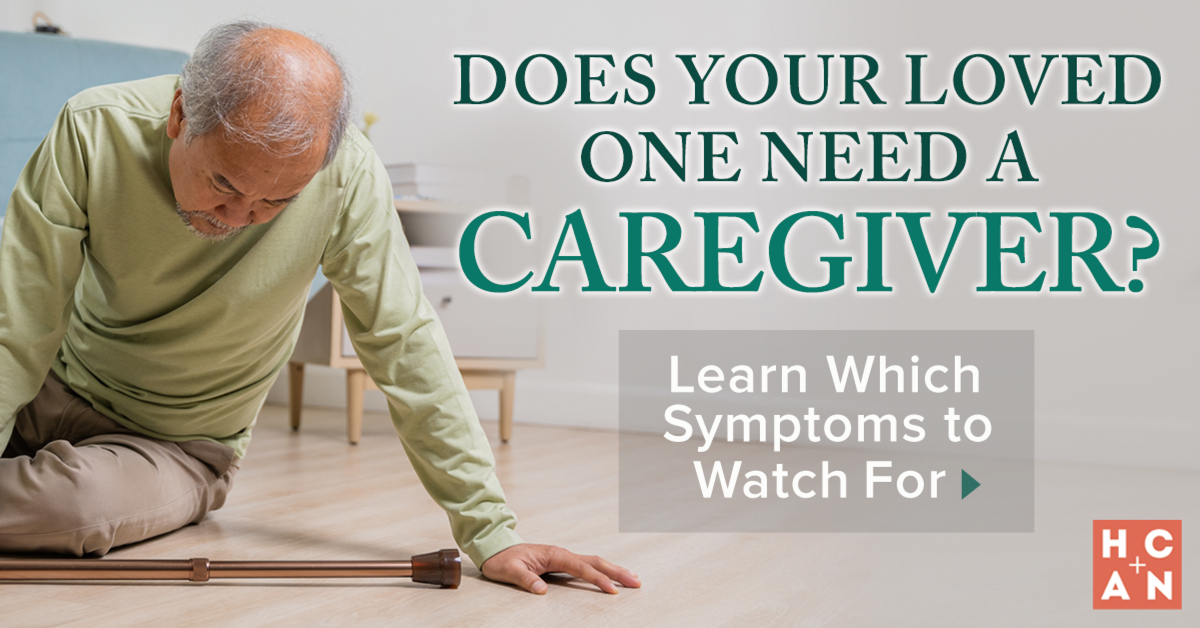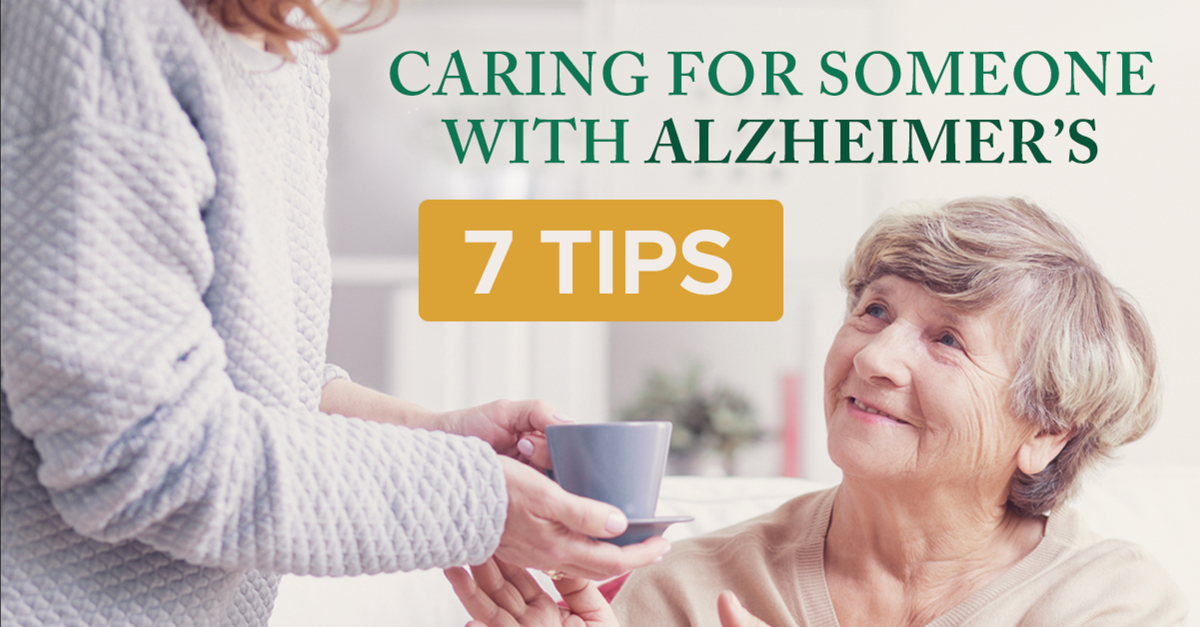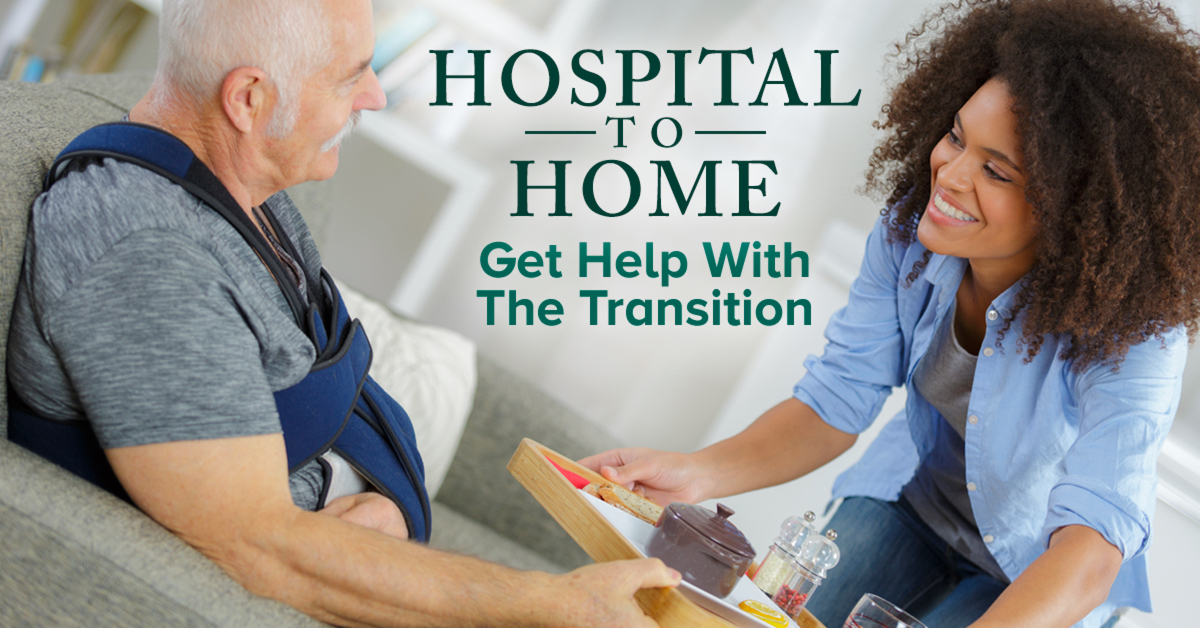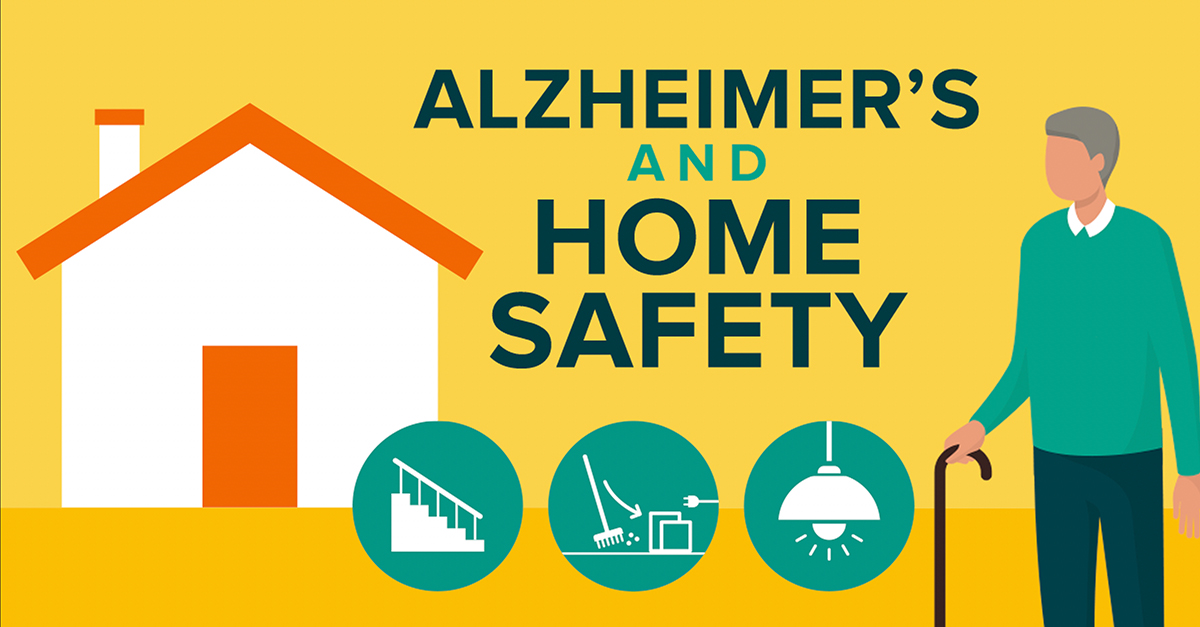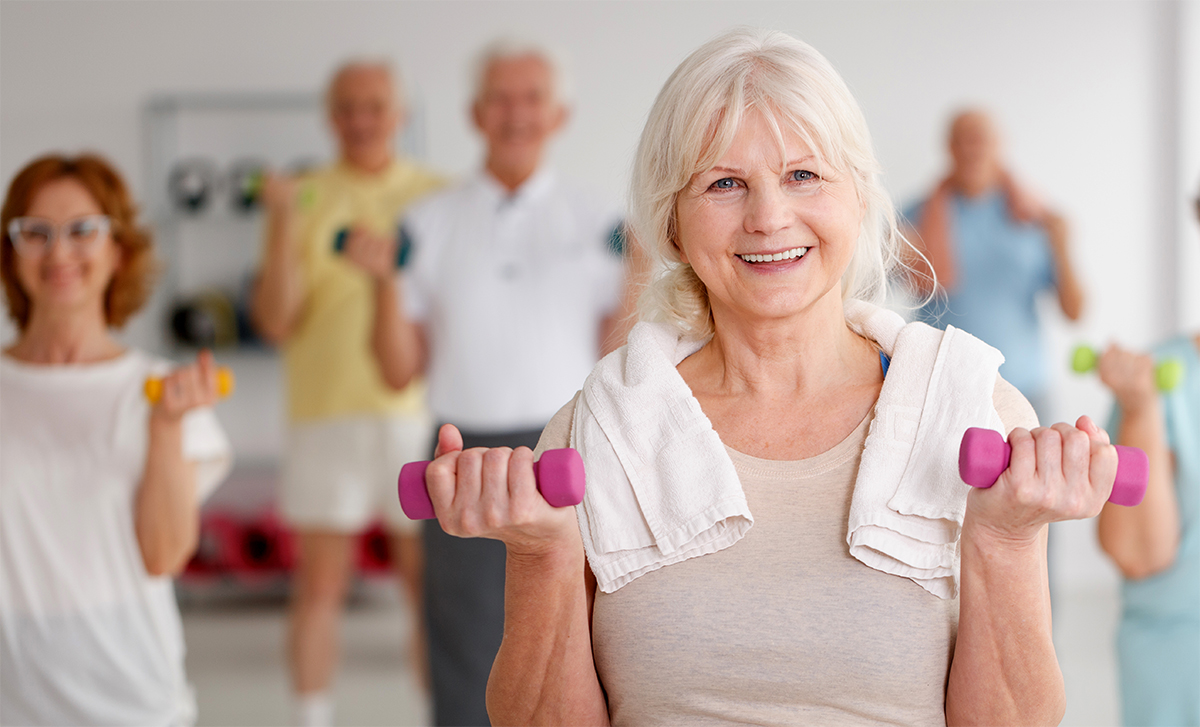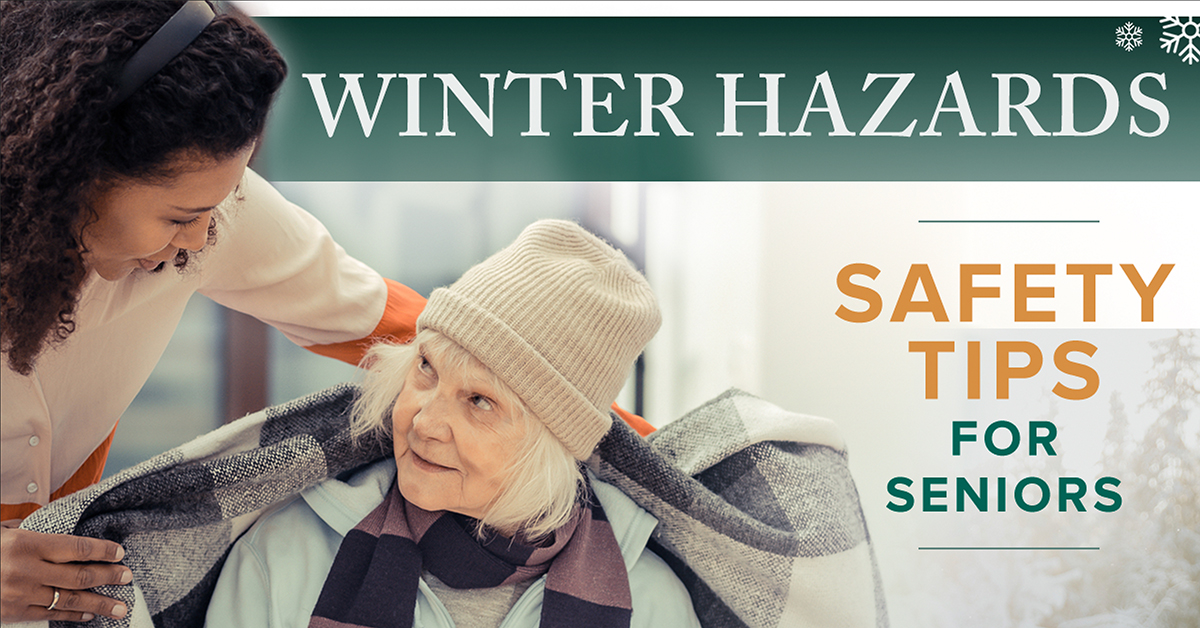Home modifications, like installing grab bars in the shower, are typically necessary for seniors who want to remain in their homes as they age. For those living with Alzheimer’s or another dementia, they’re especially important.
“Because dementia physically changes the brain, reasoning, judgement and decision-making can be seriously impaired. As the disease progresses, a person living with dementia may not be able to recognize common home hazards, or they could use basic household items in dangerous ways,” said Sierra Goetz, operations manager at Trail Ridge Home Care’s partner, the HomeCare Advocacy Network (HCAN). “However, with a few simple modifications, you can help loved ones living with dementia remain safely in their homes for as long as possible.” Continue reading Home Safety Tips for People Living with Dementia
